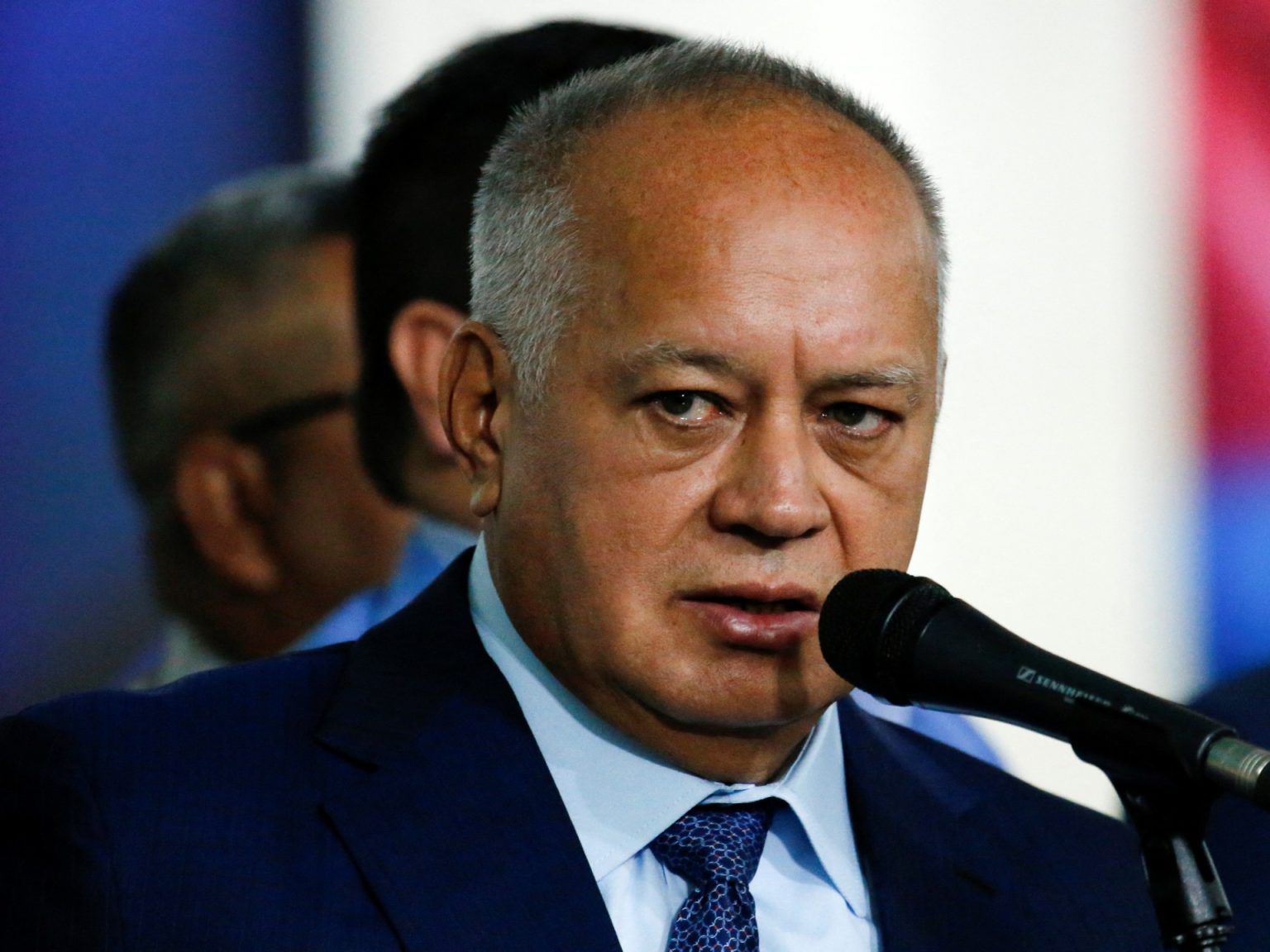Amid a surge in tensions between Caracas and Western nations over disputed Venezuelan election results, three United States citizens, two Spaniards, and a Czech national have been detained in Venezuela. The arrests were made on suspicion of planning an attack against President Nicolas Maduro and his government. The election held in late July declared Maduro as the winner, but opposition groups have alleged fraud and claimed their candidate had won. The controversial election results led to massive opposition protests resulting in casualties.
Venezuelan Minister of Interior Diosdado Cabello accused the two detained Spanish nationals of having links to Spain’s secret service and planning the assassination of a mayor. The arrests took place in Puerto Ayacucho while the two were taking photographs. Spain’s government has denied this claim. Additionally, three US citizens and a Czech national were accused of involvement in “terrorist” acts, including plans to assassinate Maduro and other officials. Cabello stated that these groups were seeking to seize the country’s wealth, and the government would respond firmly to any destabilisation attempt.
Reports of 400 rifles originating from the US being seized were announced by Cabello. The US State Department confirmed that a US military member had been detained in Venezuela and noted unconfirmed reports of two additional American citizens being detained. However, the State Department denied any US involvement in a plot to oust Maduro, stating that claims of such involvement were false. The US continues to advocate for a democratic solution to the political crisis in Venezuela, amidst the escalating tensions between the two countries.
In response to recent events, Venezuela has recalled its ambassador to Spain for consultations and summoned the Spanish ambassador to appear at the Ministry of Foreign Affairs. The tensions with Spain were exacerbated when a Spanish minister accused Maduro of running a dictatorship. Spanish Prime Minister Pedro Sanchez’s meeting with Venezuelan opposition candidate Edmundo Gonzalez, who is now in exile in Spain, further strained relations between Caracas and Madrid. The US also recognized Gonzalez as the winner of the July election and imposed new sanctions on Venezuela, adding to the mounting pressure on the Maduro government.
The detentions in Venezuela reflect the heightened political crisis between the country and Western nations. The accusations of destabilisation attempts, assassination plots, and links to foreign secret services add complexity to an already tense situation. The disputed election results and subsequent protests have led to increased international scrutiny and interventions. The governments of the US, Spain, and other Western nations are closely monitoring the developments in Venezuela and have taken concrete actions to apply pressure on the Maduro government. The situation remains fluid and continues to evolve as diplomatic tensions escalate.
The detention of foreign nationals in Venezuela has further strained the already tenuous diplomatic relationships between Caracas and Western nations. The accusations of terrorism, assassination plots, and foreign interference add to the complexity of the situation. The response from the US and Spain, including sanctions, demonstrations of support for opposition figures, and recalling ambassadors, reflect the growing international concern over the political crisis in Venezuela. The future remains uncertain as tensions continue to rise, and the Maduro government faces increasing pressure from both domestic and external actors.


